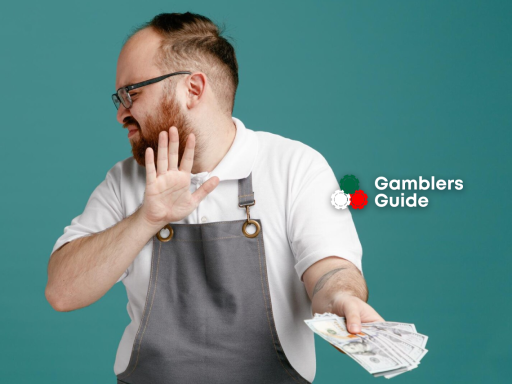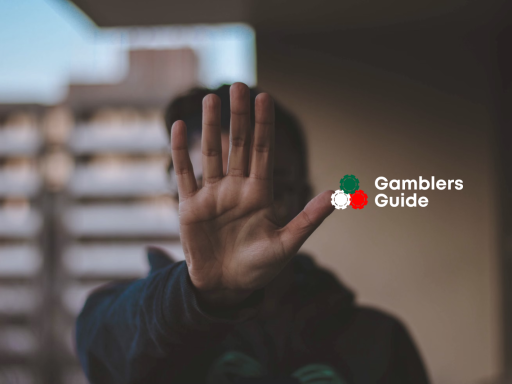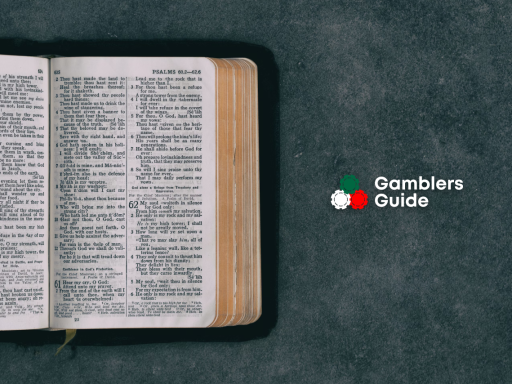The online gambling market is thriving, with over 230 billion dollars in revenue annually and up to 240 million expected users by 2028. And there is a reason why playing now and then is an enjoyable pastime for millions of people. The excitement and thrill of a win are the ubiquitous factors that make people play poker for fun or bet on their favorite football teams.
Unfortunately, like with alcohol, shopping, or gaming, going over the top transforms an enjoyable activity into an addictive one. So, what makes gambling addictive? How do you recognize the early signs of this addiction? And what should you do if you find yourself looking forward to the next game way too eagerly? Read on to learn more.
Gambling Mode: How Does It Affect Your Brain?
Let’s start with your brain. It can boast a complex and multifaceted system of neurons that rapidly processes these words as you read them. Excessive gambling leads to dramatic changes in the way the brain sends chemical messages by releasing a higher amount of dopamine, which is the feel-good neurotransmitter that helps people feel pleasure as part of the reward system.
Undoubtedly, there is nothing inherently wrong with rewarding and pleasurable experiences, but preserving a balance is paramount. However, your brain releases dopamine not only when you win but also when you lose, which incentivizes you to continue gambling, constantly chasing those dopamine highs. When it comes to your brain in a gambling, high-dopamine mode, there is one thing that research consistently shows: compulsive gambling affects your brain the same way drugs do. And it’s not good.
Why Do People Become Addicted?
There are a couple of factors at play here, like genetic and environmental ones, which you can blame for someone’s propensity for gambling.
1. Genetics
Genetics is one of the contributing factors to gambling addiction. Research indicates a strong correlation between one’s genetic makeup and propensity for addictive behavior, ranging from the use of substances like drugs, nicotine, and alcohol to compulsive buying and pathological gambling. Impulse control disorder is a real condition that results in the inability to control impulses and behaviors, which makes it one of the contributing factors to gambling addiction.
2. Environmental factors
From early childhood trauma and poor mental health to lackluster academic achievements, there are a plethora of factors that can make anyone more prone to gambling.
3. Escape from reality
Another reason why some people may find gambling so engaging is that playing games allows them to escape the troubles of everyday life. Gambling is an escapist respite from everyday problems, an opportunity to forget about your issues and undesirable feelings. Problem gambling often negatively impacts a person’s interpersonal connection with relatives, friends, and others.
The Most Addictive Games
Due to their easy rules and regular rewards, the following games are among the most popular gambling options:
1. Slot machines and video poker
Electronic gambling machines are some of the most notoriously addictive activities in the world of gambling. A few reasons explain why slot machines top this anti-list: bright lights, stimulating sounds, and instant gratification make these games so addictive.
2. Online gambling
Online gambling is generally much more addictive than playing in old-school casinos, as you have unlimited 24-hour access to all games from the comfort of your home. It comes as no surprise that continuous games with frequent high rewards will result in more addiction.
Negative Impact of Gambling
1. Financial losses
It comes as no surprise that gambling has the most drastic impact on your wallet. Sure, you will win from time to time, but financial loss often leads to debt, a worse quality of life, and increased stress and anxiety levels.
2. Worse mental state
From low self-esteem and increased anxiety levels to substance abuse and depression, gambling is associated with numerous disorders. If you already suffer from anxiety, depression, and stress-related disorders, compulsive gambling will only exacerbate the problem.
3. Loss of joy
Another negative impact of compulsive gambling is the exclusion of things that used to bring you joy, while gambling becomes the only thing that brings pleasure.
How Do You Treat Gambling Addiction?
Luckily, there are effective tools that can help break the cycle and steamroll the process to recovery:
1. Self-control
Admitting that you have a problem is hard for most people, but it is an important part of the recovery process. Many things will help along the way. You can make a conscious effort to control your behavior and start blocking online gambling sites. There is also a gambling exclusion option that requires gambling providers to block the person from accessing their services. In a nutshell, you will be prevented from gambling for a specified period at your request.
2. Cognitive behavior therapy
If the first option is not feasible, your next step should be cognitive behavior therapy (CBT). CBT is a proven and effective way to help you rewire your brain by learning new skills that will help change your behavior. It’s worth noting that CBT is a highly effective treatment for a myriad of mental issues, ranging from anxiety and stress to depression and dealing with grief. By changing your thinking patterns, you will gain new insight into your mental processes and a new understanding of your motivations and addictions.
3. Rehabilitation
It is a pretty expensive option, but if you find yourself incapable of battling the gambling addiction, you should consider this approach. Therapists, counseling, and 24-hour support from the staff will help you tackle your addictive habits.
There is no foolproof approach that guarantees 100% success. Still, there is a silver lining, as these treatments have proved to be highly effective in combating gambling addiction in most cases.
Unfortunately, compulsive gambling is an everyday reality for thousands of people around the world. Understanding the root causes of gambling addiction will not only help combat the intrusive thinking patterns but also jump-start the much-needed path to recovery.






